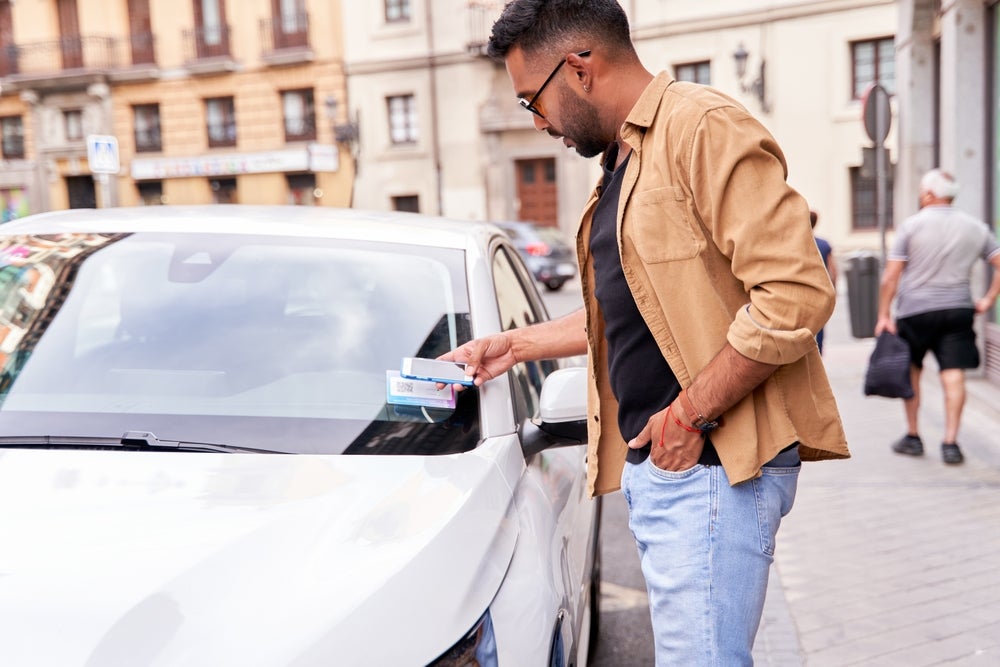
The administrative benefits of paperless (that is, electronic) systems are frequently touted. However, it is their capacity to meet the expectations of consumers increasingly used to instant, often spontaneous, transactions that has caught the attention of the motor finance industry.
Nevertheless, in a market where heavy regulation can complicate and frustrate the physical conclusion of contracts, systems must able to withstand not just robust legal challenges, but also – and we predict that this will be key – abuse by fraudsters.
The regulatory perspective
We all know regulated agreements cannot be entered into on the back of the proverbial envelope: providers must ensure that their procedure and documentation complies with the Consumer Credit Act 1974 and its accompanying regulations.
Of particular concern is the need to ensure a process intended to speed up the release of money to dealerships, and vehicles to customers, does not impinge upon regulatory requirements.
It is clear then that e-signature solution providers must be able to show their system’s design encourages healthy compliance. For example, we suggest evidence should be available that customers have reviewed documentation without undue haste, not just scrolled to the end and clicked ‘Accept’. In addition, we suggest there are at least five more important ‘tests’ to satisfy, if any solution is equal to traditional ‘wet ink’.
How well do you really know your competitors?
Access the most comprehensive Company Profiles on the market, powered by GlobalData. Save hours of research. Gain competitive edge.

Thank you!
Your download email will arrive shortly
Not ready to buy yet? Download a free sample
We are confident about the unique quality of our Company Profiles. However, we want you to make the most beneficial decision for your business, so we offer a free sample that you can download by submitting the below form
By GlobalDataSome early systems are more than capable of doing this, and indeed could capture proof of compliance far better than a paper process.
Separate developments may also informally mitigate the issue. Speaking to iVendi CEO James Tew – whose company is developing technology to support mobile contracting – he said recent developments are "helping to better meet the demands and needs of consumers".
In particular, bespoke systems linked to credit-checking agencies and with integrated provider-specific acceptance requirements, are increasingly allowing customers to generate quotes, and to pre-check affordability and suitability from the comfort of their own home.
However, it increasingly seems the focus to date has been on ensuring the technology is supported by the law, with less consideration being given to the tools litigators need when confronted with allegations of fraud.
The fraud perspective
While there is no doubt recent regulations and court decisions have validated e-signatures (although, to be clear, any solution is based on a ‘sum of parts’ approach, rather than simply replacing dotted lines with interactive tick-boxes), providers must assess whether their benefits outweigh the inherent risks, or at least the costs of best mitigating them.
Electronic contracting presents two related issues: First, it is bound to be used to facilitate distance transactions, which are particularly vulnerable to fraud. Secondly, the handwriting evidence that is frequently determinative where fraud is alleged simply will not be available.
There is little English authority on the evidential requirements in claims argued on the basis of a forged electronic signature, although a recent case in the US is notable due to the slender evidence on which the court determined that an electronic submission had been entered by the policyholder.
While it is not inevitable a similar approach would be adopted here, on the basis documentation is ‘locked’ once submitted by the customer, a traditional identity checking process is likely to suffice in the absence of coherent evidence of fraud.
Where such evidence is available, however, lenders will have to fall back upon circumstantial material (for example, the identity of keepers, paying account holders and contact during the currency of the agreement), which in case of more sophisticated instances of fraud is often unavailable or of no assistance. And while alternative options, for example e-notarisation, would be neither difficult nor expensive, these are likely to detract from the basic premise of electronic contracting: speed.
Consequently, while there can be little doubt that the use of mobile technology will accelerate, only time will tell how many of the now-common e-signature solutions will stack up when challenged in court.
Oliver Sainter is a solicitor with Shoosmiths LLP







